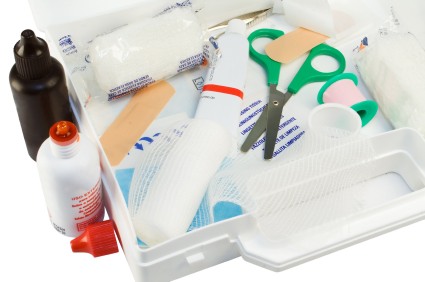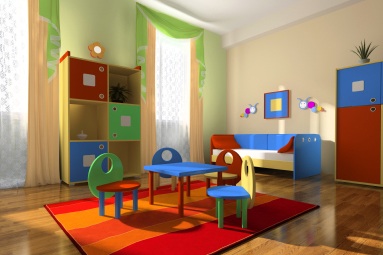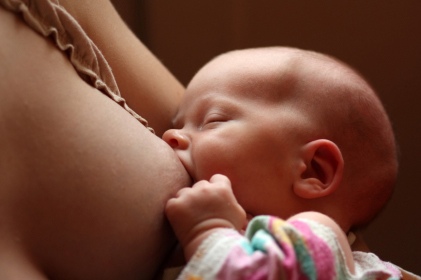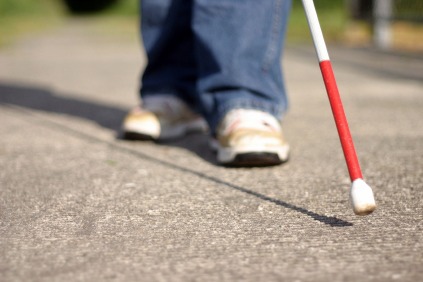Bumps in the head are quite common in young children and may scare you too. Usually they look serious and can be. But often, they are not.
If your child’s head is bruised, hold a cloth wrung out in very cold water or an ice pack wrapped in a damp cloth over the bruise. This may stop it from swelling up. Check the skin underneath every minute and remove the pack if a red patch with a white waxy centre develops.

Head and Face Injuries
If your child’s head is bleeding, place a clean cloth over the cut and press on it like you treat a cut in any other part of the body. The only problem with the head is that every cut gapes open since the skin of the scalp and face is richly supplied with blood vessels and is tightly stretched across the rigid skull. And, they often need a stitch or two whereas a similar cut elsewhere may not. Do not take cuts on the face lightly. They may have to be stitched to minimise scarring.
Watch your child carefully for the next 24 hours in case she develops any of these signs.
- Unconsciousness, however brief.
- Vomiting, though it could also be due to shock.
- Noisy breathing or snoring, if your child normally does not snore.
- He continues to be pale or grey.
- Difficulty in waking up, or abnormal drowsiness.
- Discharge of clear or blood-stained fluid from his nose or ear. If there is a discharge let it drain out. Do not try to stop it from trickling out. Make him lie down flat on his stomach with a pad of clean material placed under his nose or ear.
- Unusual crying.
- Severe headache, although he may confusing it with the pain of the bruise.
- Aversion to bright lights.
- He seem “odd”. Does not recognise you, does not seem to see properly, is talking nonsense if he old enough to talk.
- If he bumped his head very badly, wake him every two or three hours. If she does not wake up, call the doctor immediately.
- If your child has a broken tooth, or one that has become dislodged, cover the tooth or broken piece with milk and take him along with his tooth to your dentist immediately.
Safety tips:
- To avoid falls from windows, get bars fixed on to them.
- Watch out for balconies. It should be high and strong, with no cross pieces that will allow the child to climb up.
- Beware of rugs on polished floors, especially near the staircase.
- Fix safety gates at the top and bottom of the stairs until your child can go up and down safely.
- Avoid steps in the garden. They are the most common accident sites for children on tricycles.
- Ban socks without shoes. They will make him slip.
- Watch out for banisters. Children love sliding down them.










